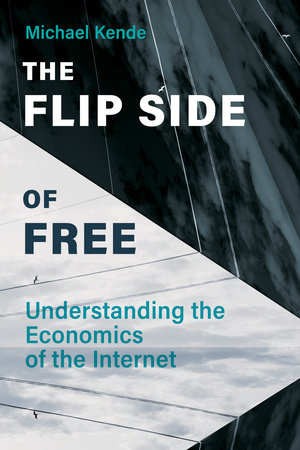Here you can find short reviews produced by the Portulans Institute’s team and partners about recent books and articles that we see as directly relevant to PI’s mission and objectives, sometimes accompanied by exclusive short videos or interviews with the author(s).

We hope you enjoy this new feature of Portulans Institute’s website, and look forward to your suggestions of books and articles to consider for future reviews!
Subtitled ‘Understanding the Economics of the Internet’, Michael Kende’s book was released in March of 2021. Although it makes some references to COVID and is consequences on digital transformation, its scope and purpose are much broader. It is based on the author’s long experience (FCC, Internet Society, World Bank i.a.) of observing, analysing and diagnosing the internet and its epiphenomena, including social networks, e-commerce and e-government. For all these reasons, it goes deeper than many other books on similar subjects (the economics of the internet), and raises issues that we often choose to ignore or dismiss as ‘transitory’.
Our Co-Founder Dr. Bruno Lanvin presents an exclusive interview with author Michael Kende about his book.


In a recent episode of our Immersive Explorers podcast, Ioanna Eskiadi speaks with Alvin Graylin about his recently published title.
We are entering a new technological age in which artificial intelligence and immersive media will transform society at all levels, mediating our lives by altering what we see, hear, and experience. Powered by immersive eyewear and driven by interactive AI agents, this new age of computing has the potential to make our world a magical place where the boundaries between the real and the virtual, the human and the artificial, rapidly fade away. If managed well, this could unleash a new age of abundance. If managed poorly, this technological revolution could easily go astray, deeply compromising our privacy, autonomy, agency, and even our humanity. The book answers over a dozen of the most pressing questions we face as AI/VR/AR accelerates the digitization of our world.